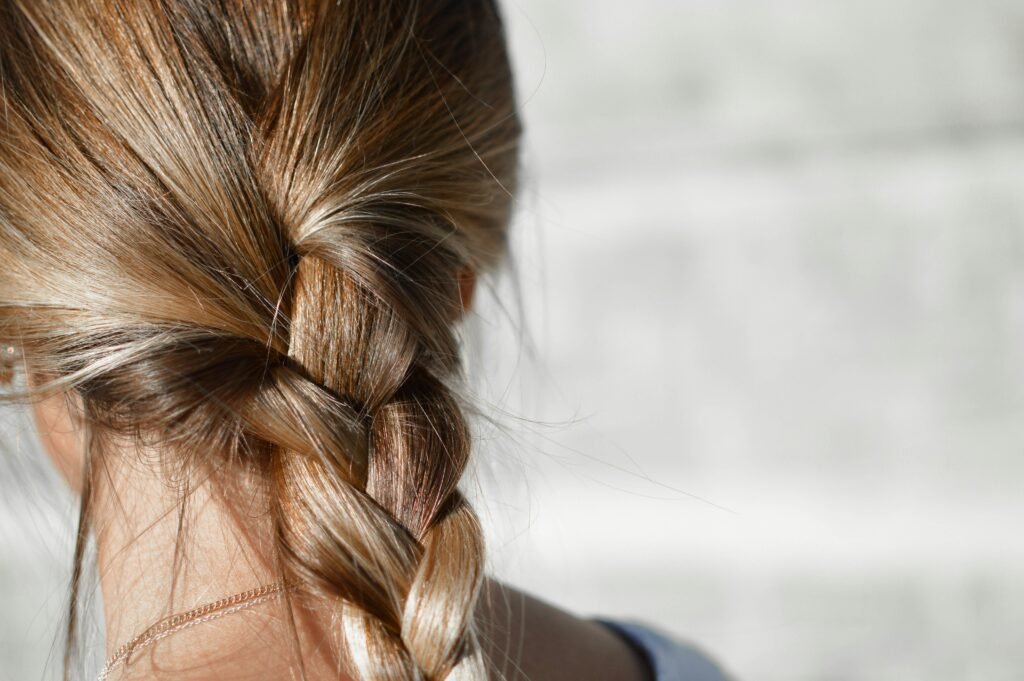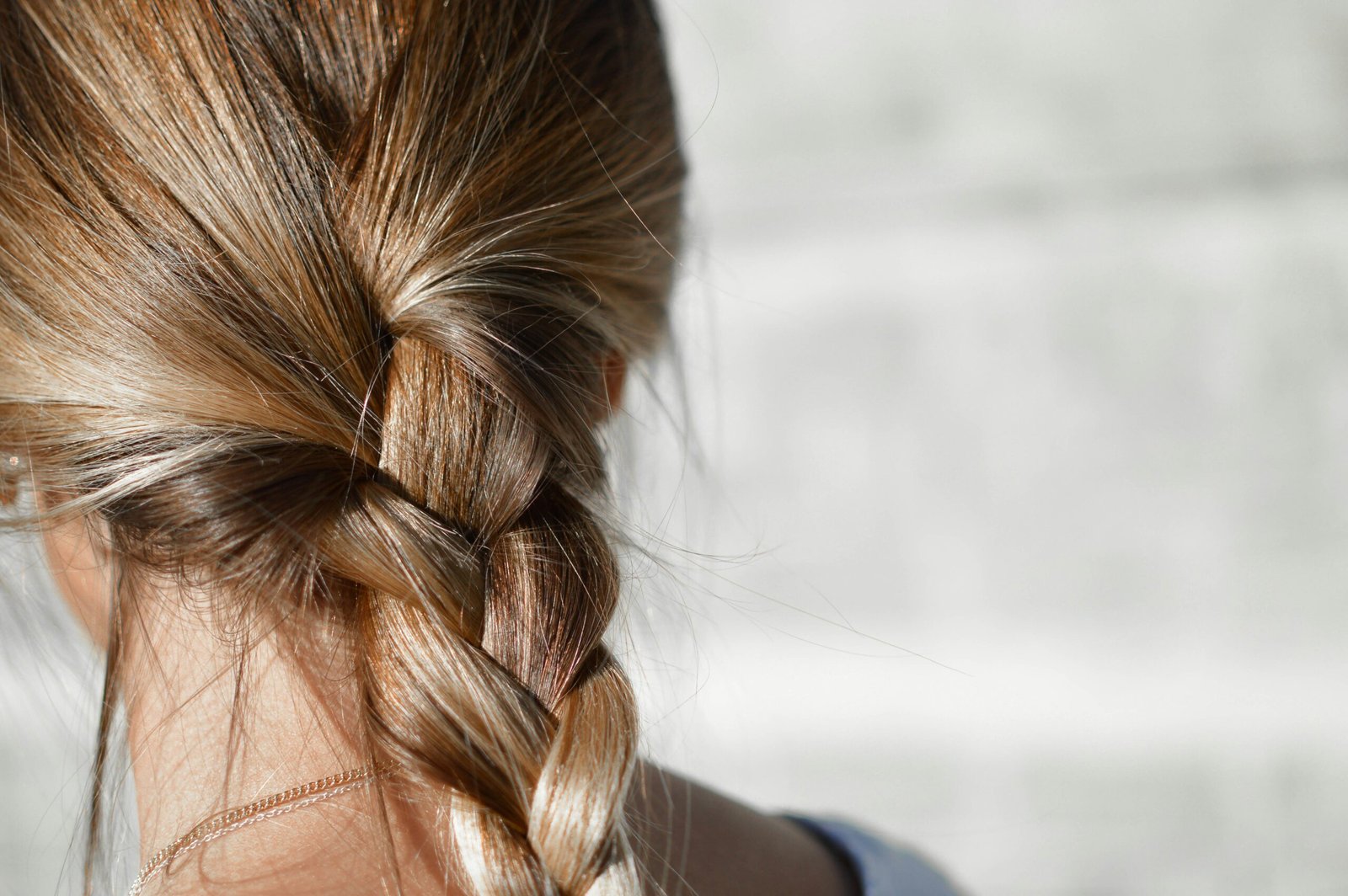Did you know that hydration plays a crucial role in maintaining the health and radiance of your skin and hair? It’s not just about drinking enough water, but also making sure that moisture is locked in to prevent dryness, flakiness, and dullness. Adequate hydration can help promote a clearer complexion, reduce the appearance of fine lines and wrinkles, and even contribute to stronger, shinier hair. In this article, we will explore the importance of hydration for skin and hair health and provide tips on how to keep them both hydrated and glowing. So, grab a glass of water and let’s find out how hydration can transform your beauty routine!
Understanding Hydration
The importance of water for overall health
Water is essential for our overall health and well-being, and it plays a crucial role in maintaining the health of our skin and hair. Our bodies are composed of about 60% water, which highlights the significant role hydration plays in various bodily functions. Water helps to transport nutrients and oxygen throughout the body, regulate body temperature, lubricate joints, and facilitate digestion. It also allows for the removal of waste products and toxins from the body. Without adequate hydration, our bodies cannot function optimally, and this can have a detrimental effect on our skin and hair health.
The role of water in skin and hair health
Water is an essential component of healthy skin and hair. It helps to moisturize the skin from within and maintain its elasticity, keeping it soft, supple, and youthful-looking. Adequate hydration also contributes to the strength and shine of our hair, preventing it from becoming dry, brittle, and prone to breakage. Without enough water, our skin can become dry, flaky, and dull, while our hair may appear lifeless and lackluster. By understanding the effects of dehydration on our skin and hair health, we can better appreciate the importance of maintaining optimal hydration levels.
Effects of Dehydration on Skin Health
Dry and flaky skin
One of the most noticeable effects of dehydration on the skin is dryness and flakiness. When our bodies don’t have enough water, our skin is unable to retain moisture, leading to transepidermal water loss (TEWL). This can result in a compromised skin barrier, making it more susceptible to dryness, irritation, and sensitivity. Dry and flaky skin not only feels uncomfortable but can also make our complexion appear dull and aged.
Increased signs of aging
Dehydration can accelerate the signs of aging, such as wrinkles, fine lines, and sagging skin. Without enough water, our skin loses its natural plumpness and elasticity, making it more prone to developing wrinkles and showing signs of premature aging. Furthermore, dehydration can impair the production of collagen, a protein that provides structural support to the skin, leading to a loss of firmness and resilience.
Skin disorders and infections
Inadequate hydration can also weaken the skin’s immune system, making it more susceptible to various skin disorders and infections. Dry and dehydrated skin is more prone to conditions like eczema, psoriasis, and dermatitis. Additionally, without proper hydration, our skin is less effective in fighting off bacteria and other pathogens, increasing the risk of infections and breakouts.

Effects of Dehydration on Hair Health
Dry and brittle hair
Just as dehydration affects the skin, it can also have a detrimental impact on our hair health. Without enough water, our hair strands can become dry, brittle, and prone to breakage. Dehydrated hair is more prone to split ends, frizz, and a lack of natural shine. It can also become more difficult to manage and style.
Hair loss and thinning
Dehydration can also contribute to hair loss and thinning. When the body is dehydrated, it directs its limited water supply to more vital organs, neglecting the hair follicles. This can lead to weakened hair follicles and subsequently result in excessive hair shedding and even hair loss over time.
Dull and lifeless hair
Lack of hydration can leave our hair looking dull and lifeless. When our hair lacks moisture, it loses its natural shine and healthy vibrancy. Instead, it appears lackluster and can be difficult to revive, even with styling products.
Optimal Water Intake for Skin and Hair Health
Recommended daily water intake
While the specific daily water intake varies depending on factors such as age, gender, and activity level, a general guideline is to drink about eight 8-ounce glasses of water per day, also known as the “8×8 rule.” This amounts to approximately 2 liters or half a gallon of water daily. However, individual hydration needs may differ, and it’s important to listen to your body’s signals and adjust your water intake accordingly.
Factors influencing individual hydration needs
Several factors can affect an individual’s hydration needs. Physical activity, climate, and overall health play a role in determining how much water one should consume. For example, those who engage in regular exercise or live in hot and humid climates may need to increase their water intake to compensate for increased sweating and fluid loss. Similarly, certain medical conditions or medications may require individuals to consume more water under the guidance of healthcare professionals.

Effects of Hydration on Skin Health
Improved skin elasticity and firmness
When our skin is properly hydrated, it maintains its natural elasticity and firmness. Sufficient water intake helps to strengthen the skin’s supportive structures, such as collagen and elastin fibers, which contribute to a more youthful and plump appearance.
Enhanced natural moisturization
Hydration plays a vital role in maintaining the skin’s natural moisturization. Drinking an adequate amount of water helps to replenish moisture from within, resulting in a well-hydrated and nourished complexion. Well-hydrated skin is better able to retain moisture, reducing the likelihood of dryness and promoting a healthy glow.
Reduced appearance of wrinkles and fine lines
Proper hydration can also help to minimize the appearance of wrinkles and fine lines. When our skin is dehydrated, these imperfections appear more pronounced. However, by maintaining optimal hydration levels, we can help to diminish their appearance and promote a smoother and more youthful-looking complexion.
Effects of Hydration on Hair Health
Improved hair strength and elasticity
Hydration is vital for maintaining strong and elastic hair strands. Water helps to nourish the hair from within, providing the necessary moisture for optimal hair health. Well-hydrated hair is less prone to breakage and is more resilient to external stressors such as heat styling and chemical treatments.
Increased shine and luster
Hydrated hair reflects light better, resulting in increased shine and luster. When the hair shaft is adequately moisturized, it appears smoother and more reflective. This gives the hair a healthy and vibrant appearance.
Prevention of hair breakage and split ends
One of the key benefits of proper hydration is the prevention of hair breakage and split ends. When the hair is well-hydrated, it is more resilient and less prone to damage. This means fewer split ends and a reduced risk of breakage, allowing for longer and healthier hair growth.

The Role of Hydrating Skincare Products
Choosing hydrating cleansers and moisturizers
Choosing skincare products that prioritize hydration is essential for maintaining healthy skin. Look for gentle cleansers that do not strip the skin of its natural oils and opt for moisturizers that contain hydrating ingredients such as hyaluronic acid or glycerin. These products help to lock in moisture and prevent dehydration.
Using facial mists and serums for hydration
Facial mists and serums can provide an extra boost of hydration throughout the day. They contain lightweight formulations that are easily absorbed by the skin, delivering hydrating ingredients directly to where they are needed most. Spritzing a facial mist or applying a hydrating serum can help to refresh and moisturize the skin, especially in dry or air-conditioned environments.
Integrating hydrating masks and treatments into skincare routines
Hydrating masks and treatments are beneficial additions to skincare routines, providing intense hydration and nourishment to the skin. These products often contain ingredients like aloe vera, chamomile, or shea butter, which help to soothe and hydrate the skin. Incorporating hydrating masks and treatments into your skincare routine can leave your skin feeling soft, supple, and rejuvenated.
The Role of Hydration in Haircare
Using hydrating shampoos and conditioners
Choosing hydrating shampoos and conditioners is key to maintaining healthy and hydrated hair. Look for products that are formulated with moisturizing ingredients such as argan oil, coconut oil, or aloe vera. These ingredients help to replenish moisture and nourish the hair, leaving it soft, shiny, and more manageable.
Incorporating deep conditioning treatments
Deep conditioning treatments provide an extra dose of hydration to your hair. These treatments typically contain more concentrated formulas and are designed to penetrate the hair shaft, delivering essential nutrients and moisture. Regularly incorporating deep conditioning treatments into your haircare routine can help to restore moisture, reduce dryness, and improve overall hair health.
Avoiding excessive heat styling and chemical treatments
Excessive use of heat styling tools and chemical treatments can strip the hair of its natural moisture, leading to dryness and damage. Limiting the use of these styling methods or using heat protectants can help to minimize water loss from the hair and preserve its hydration. Additionally, opting for gentle, sulfate-free haircare products can also contribute to maintaining optimal hair hydration.
Other Factors Affecting Skin and Hair Hydration
Diet and hydration
Diet plays a vital role in maintaining skin and hair hydration. Consuming a balanced diet rich in water-rich fruits and vegetables, such as watermelon, cucumber, and oranges, can contribute to overall hydration. Additionally, incorporating foods containing healthy fats, like avocados and nuts, can also support skin and hair health by providing essential omega-3 fatty acids.
Environmental factors impacting hydration
Various environmental factors can affect the hydration levels of both our skin and hair. Exposure to dry climates, harsh winds, air conditioning, or central heating can cause moisture loss, leaving our skin and hair feeling dry and dehydrated. It’s important to protect our skin and hair from these environmental stressors by using appropriate skincare and haircare products and by wearing protective accessories like hats or scarves when necessary.
Lifestyle habits and their effects on skin and hair hydration
Certain lifestyle habits can have a significant impact on skin and hair hydration. Factors such as stress, lack of sleep, smoking, and excessive alcohol consumption can contribute to dehydration. It’s important to prioritize self-care, manage stress levels, get an adequate amount of sleep, and make healthier lifestyle choices to support optimal skin and hair hydration.
Conclusion
In conclusion, hydration plays a vital role in maintaining the health and well-being of our skin and hair. Understanding the effects of dehydration on our skin and hair health emphasizes the importance of maintaining optimal hydration levels. By consuming an adequate amount of water daily, choosing hydrating skincare and haircare products, and adopting healthy lifestyle habits, we can promote skin and hair health, enhance their appearance, and enjoy a more radiant and youthful look. Remember, hydration is the key to unlocking the natural beauty of your skin and hair, so drink up and stay hydrated!

